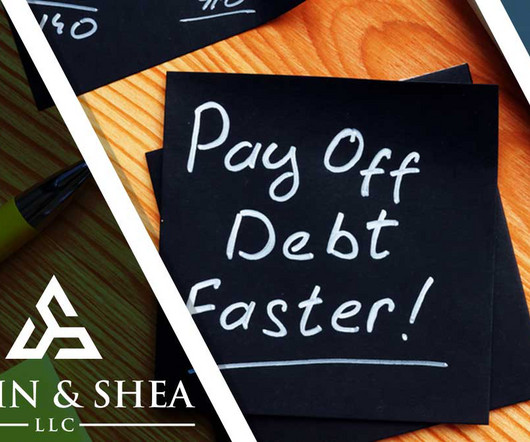What Happens After a Personal Loan Bankruptcy Discharge?
Sawin & Shea
FEBRUARY 28, 2024
A variety of factors determine if you’ll be able to discharge all of certain personal loans, including whether the loan is secured or unsecured and whether you file via Chapter 7 or Chapter 13 bankruptcy. If you fail to repay an unsecured personal loan, the lender cannot repossess your assets.











Let's personalize your content